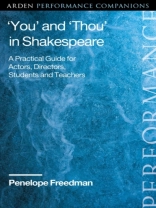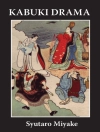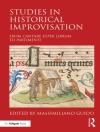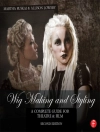Romeo and Juliet always use ”thou” to each other, but they are the only pair of lovers in Shakespeare to do this. Why? All the women in
Richard III address Richard as ”thou”, but no man ever does. Why? When characters address the dead, they use ”thou” – except for Hamlet, who addresses Yorick as ”you”. Why? Shakespeare”s contemporaries would have known the answers to these questions because they understood what ”thou” signified, but modern actors and audiences are in the dark. Through performance-oriented analysis of extracts from the plays, this book explores the language of ”trulls” and termagants, true loves and unwelcome wooers, male impersonators, smothering mothers, warring spouses and fighting men, as well as investigating lèse-majesté, Freudian slips, crisis moments and rhetorical flourishes. Drawing on work with RSC actors, as well as the author”s experience of playing a range of Shakespearean roles, the book equips the reader with a new tool for tracking emotions, weighing power relations and appreciating dazzling complexity.
Penelope Freedman
‘You’ and ‘Thou’ in Shakespeare [PDF ebook]
A Practical Guide for Actors, Directors, Students and Teachers
‘You’ and ‘Thou’ in Shakespeare [PDF ebook]
A Practical Guide for Actors, Directors, Students and Teachers
购买此电子书可免费获赠一本!
格式 PDF ● 网页 160 ● ISBN 9781350118690 ● 出版者 Bloomsbury Publishing ● 发布时间 2021 ● 下载 3 时 ● 货币 EUR ● ID 7771836 ● 复制保护 Adobe DRM
需要具备DRM功能的电子书阅读器












